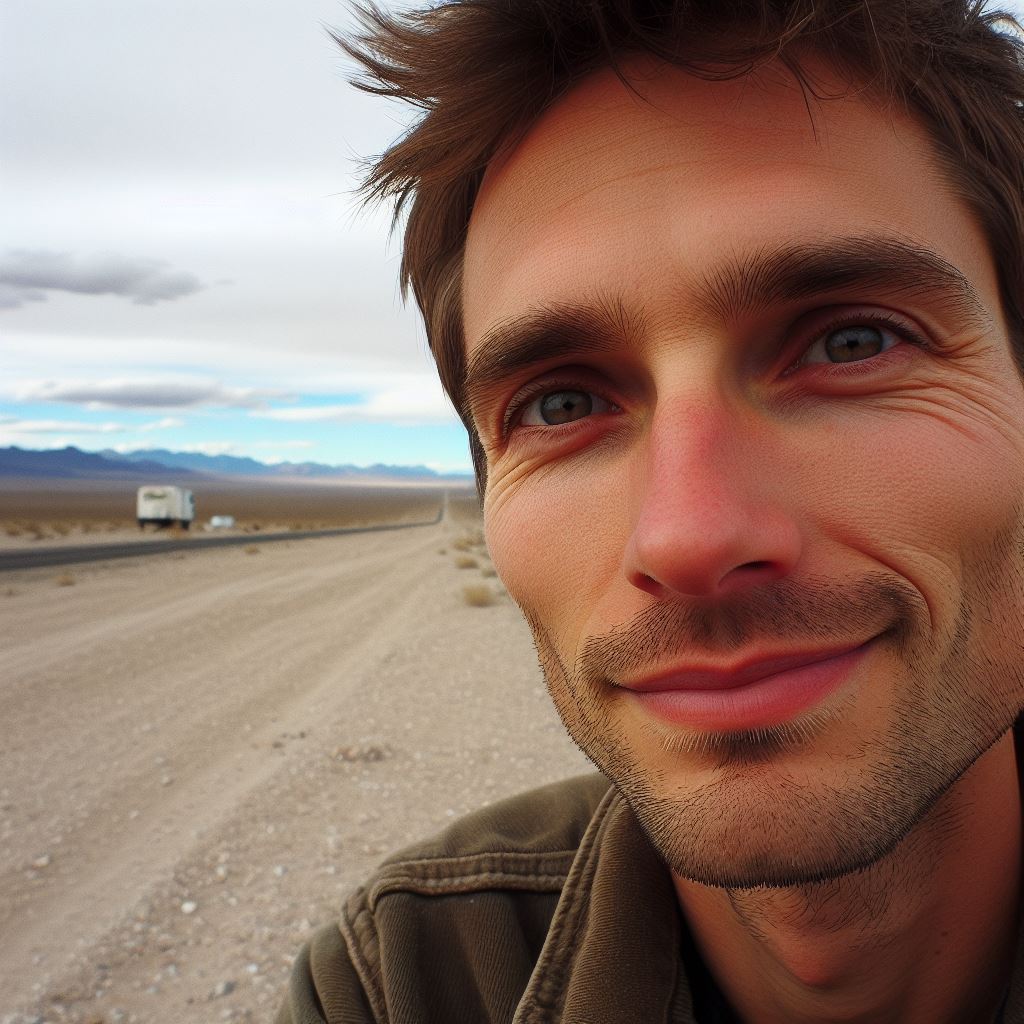In astronomy and cosmology, space is the vast 3-dimensional region that begins where the earth’s atmosphere ends. Space is usually thought to begin at the lowest altitude at which satellites can maintain orbits for a reasonable time without falling into the atmosphere.
What is space in simple words?
The definition of a space is an empty, blank or available area . ... Space is the three-dimensional area around you, including the universe. An example of space is where stars and planets exist.
How do you explain outer space to a child?
‘Outer space’ begins about 100 km above the Earth, where the shell of air around our planet disappears. With no air to scatter sunlight and produce a blue sky, space appears as a black blanket dotted with stars. Space is usually regarded as being completely empty .
How do you explain the universe to a child?
The Universe is everything we can touch, feel, sense, measure or detect . It includes living things, planets, stars, galaxies, dust clouds, light, and even time. Before the birth of the Universe, time, space and matter did not exist.
What does space smell like?
In a video shared by Eau de Space, NASA astronaut Tony Antonelli says space smells “strong and unique ,” unlike anything he has ever smelled on Earth. According to Eau de Space, others have described the smell as “seared steak, raspberries, and rum,” smokey and bitter.
How do you explain solar system to kindergarten?
The solar system consists of the Sun and everything that orbits, or travels around , the Sun. This includes the eight planets and their moons, dwarf planets, and countless asteroids, comets, and other small, icy objects. However, even with all these things, most of the solar system is empty space.
What things we can see on the universe?
- Stars. Stars are glowing balls of gas that undergo nuclear fusion; the Sun is a star. ...
- Planets. Planets are moderately large objects orbiting a star. ...
- Satellite. A satellite orbits a planet; these objects are also called moons. ...
- Asteroid. ...
- Comet. ...
- Solar System. ...
- Stellar System. ...
- Galaxy.
How did life start on Earth?
Although the exact process by which life formed on Earth is not well understood, the origin of life requires the presence of carbon-based molecules, liquid water and an energy source . ... Life on Earth began at the end of this period called the late heavy bombardment, some 3.8 billion years ago.
Can you fart in space?
When astronauts are not in the space suit and floating about, the fart smell is exaggerated by the lack of airflow from the recycled air used and its inability to mask any smell. ... As per your second question on the ability to thrust about in space from a fart, this is very near impossible .
Has anyone been lost in space?
A total of 18 people have lost their lives either while in space or in preparation for a space mission, in four separate incidents. All seven crew members died, including Christa McAuliffe, a teacher from New Hampshire selected on a special NASA programme to bring civilians into space. ...
Can you breathe in space?
We’re able to breathe on earth because the atmosphere is a mixture of gases, with the thickest gases nearest the earth’s surface, giving us the oxygen we need to breathe. In space, there is very little breathable oxygen . ... This prevents the oxygen atoms from joining together to form oxygen molecules.
What is the solar system in simple words?
: the sun together with the group of celestial bodies that are held by its attraction and revolve around it also : a similar system centered on another star.
What is solar system very short answer?
: the sun together with the group of celestial bodies that are held by its attraction and revolve around it also : a similar system centered on another star.
How many planets are there in the universe?
For those of you who like to see gigantic numbers written out in full, around 10,000,000,000,000,000,000,000,000 planets in our observable Universe
Does the Universe have an end?
The end result is unknown ; a simple estimation would have all the matter and space-time in the universe collapse into a dimensionless singularity back into how the universe started with the Big Bang, but at these scales unknown quantum effects need to be considered (see Quantum gravity).
